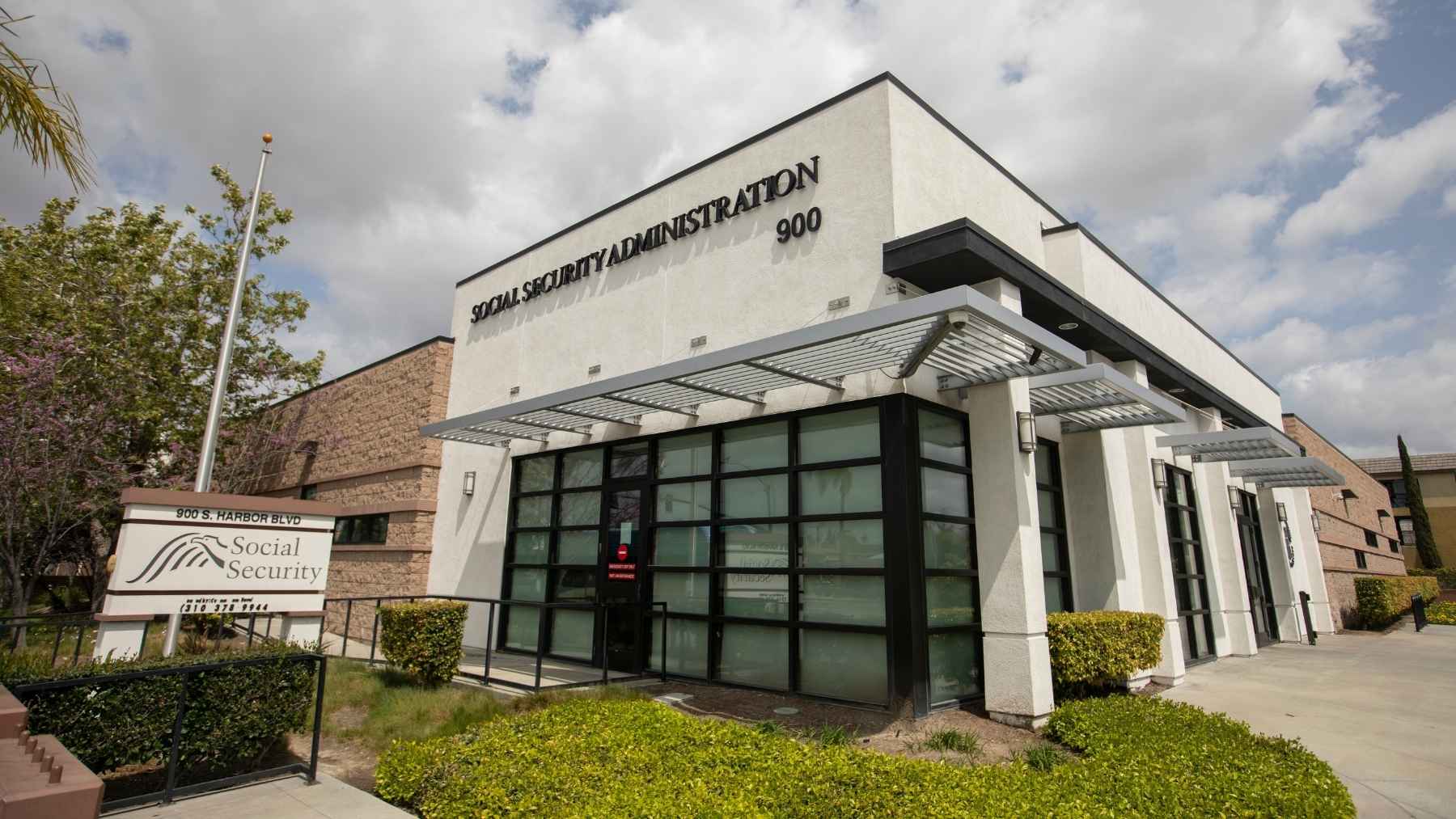A recent update on the official website of the Social Security Administration (SSA) explains how an individual may be able to receive benefits from Social Security whilst also working.
Here is what you need to know.
Can you really work and still earn Social Security benefits?
According to the Social Security Administration, one of the most frequently asked questions the agency receives is, “Can I work and get benefits?” The answer to this common query will differ from person to person because it depends on the earnings and age of the individual.
The SSA has rules in place regarding working and receiving retirement, spouse, or survivor benefits and these rules are based on earning limits. As such, if an individual is currently receiving benefits — or plans to in the future — whilst also continuing to work, they should have a good understanding of the earnings limits so as to avoid being overpaid.
If you are a beneficiary of Social Security, any changes that could affect your eligibility or payment amount must be reported to the agency, and this includes any changes to your work. If you do not report your earnings in a timely manner, or you underestimate your earnings, you could end up getting overpaid. The agency also notes that, “If you receive Social Security disability benefits or Supplemental Security Income payments, different rules apply. You must report all your earnings to us.”
What are the annual earnings limits?
Beneficiaries of retirement, spouse, or survivor benefits have the following earnings limits as stated on the official SSA website:
- If you are younger than full retirement age (referred to as FRA) for the entire year, you can earn up to $23,400 in 2025, and your benefits will not be reduced. If you told us you expect to earn more than $23,400 in 2025, we will deduct $1 from your benefits for each $2 you earn above the annual limit.
- If you reach FRA in 2025, you can earn up to $62,160 between January and your birthday month. We will deduct $1 from your benefits for each $3 you earn above $62,160 until the month you reach FRA.
- If you are full retirement age or older, there is no earnings limit.
Beneficiaries should also note that only wages are counted towards the earning limit. Pensions, annuities, investment income, interest, veterans or other government benefits are not counted towards the limit. For self-employed individuals, only their net earnings are considered.
Special monthly rule
For 2025, the earnings limit is $23,400. If you retire mid-year, there is a possibility that you would have already earned more than the annual earnings limit. As a result, there is a special rule that may apply for the first year of retirement. If this rule is applied, “your benefits will not be reduced if you earn less than $1,950 in each of the remaining months.”
“How Work Affects Your Benefits” has examples of how these rules work and can be read for a better understanding.
The SSA also has an earnings test calculator which can be used to determine how your earnings will affect your benefits. Benefits are adjusted based on the earnings estimate that is provided to the agency. If your earnings differ from the estimate, contact the agency immediately at 1-800-772-1213. Timely reports of any changes can allow the agency to pay you the correct amount.
The SSA also states, “If you receive payments you aren’t eligible for, we’re required by law to adjust your benefits or recover the overpayment.”
Additionally, if your benefits are withheld because of your earnings, when you reach full retirement age (FRA), you benefit amount will increase. Your work earnings might also increase your monthly benefit.
“Each year we automatically review the records for everyone getting benefits who work. If your latest year of earnings are one of your highest years, we’ll refigure your benefit and pay you any increase you are due,” as per the SSA.

